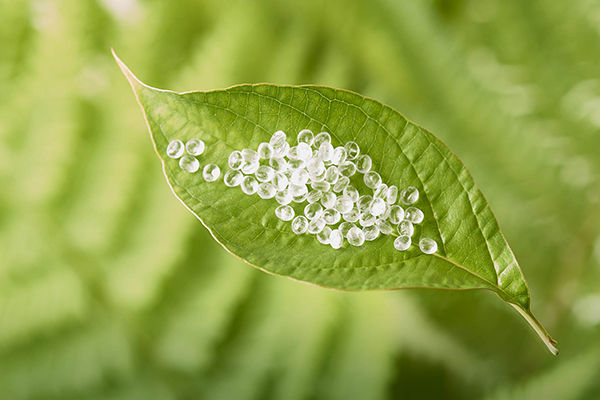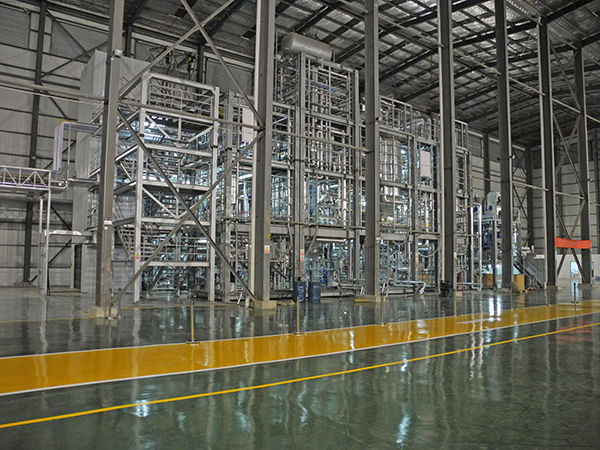Think Big, Build Small
Think Big, Build Small
Sulzer's processing technologies enable effective small-scale bioplastic manufacturing
The demand for sustainable bioplastics is booming, offering unique opportunities to manufacturers entering this market. Small-scale facilities are ideal for new players in the industry as they represent low capital investments with quick returns. When a business in China wanted to develop one of the first fully integrated sugar-to-PLA (polylactic acid) plants in the country, Sulzer delivered a customized project. This allowed the manufacturer to swiftly begin producing 30,000 tonnes of recyclable, compostable and biodegradable polylactic acid (PLA) bioplastic annually.
Sustainable bioplastics can help to realize a circular economy that eliminates waste and reduces the continual use of limited resources. One of the most common and promising bio-based products is PLA, which can be obtained from sugar-rich crops, such as corn and cassava. More precisely, these are used to produce lactic acid and raw lactide, which are then purified and polymerized to obtain high-quality plastics.
By using renewable, biological feedstocks, PLA avoids depleting finite natural resources. The material is also fully recyclable, creating closed loops in which raw materials retain their value as far as possible. Furthermore, its biodegradability prevents the accumulation of waste in the environment, addressing plastic pollution issues.
Thanks to these characteristics, the demand for innovative sustainable bioplastics, such as PLA, has skyrocketed in recent years with the global market size expected to register a double-digit compound annual growth rate (CAGR) of 16% from 2020 to 2027. The expansion of this sector is also shaping manufacturing activities in China, the world's leading producer of plastic, which is responsible for 31% of the global production of plastic materials.







 Power Transmission Engineering is THE magazine of mechanical components. PTE is written for engineers and maintenance pros who specify, purchase and use gears, gear drives, bearings, motors, couplings, clutches, lubrication, seals and all other types of mechanical power transmission and motion control components.
Power Transmission Engineering is THE magazine of mechanical components. PTE is written for engineers and maintenance pros who specify, purchase and use gears, gear drives, bearings, motors, couplings, clutches, lubrication, seals and all other types of mechanical power transmission and motion control components.